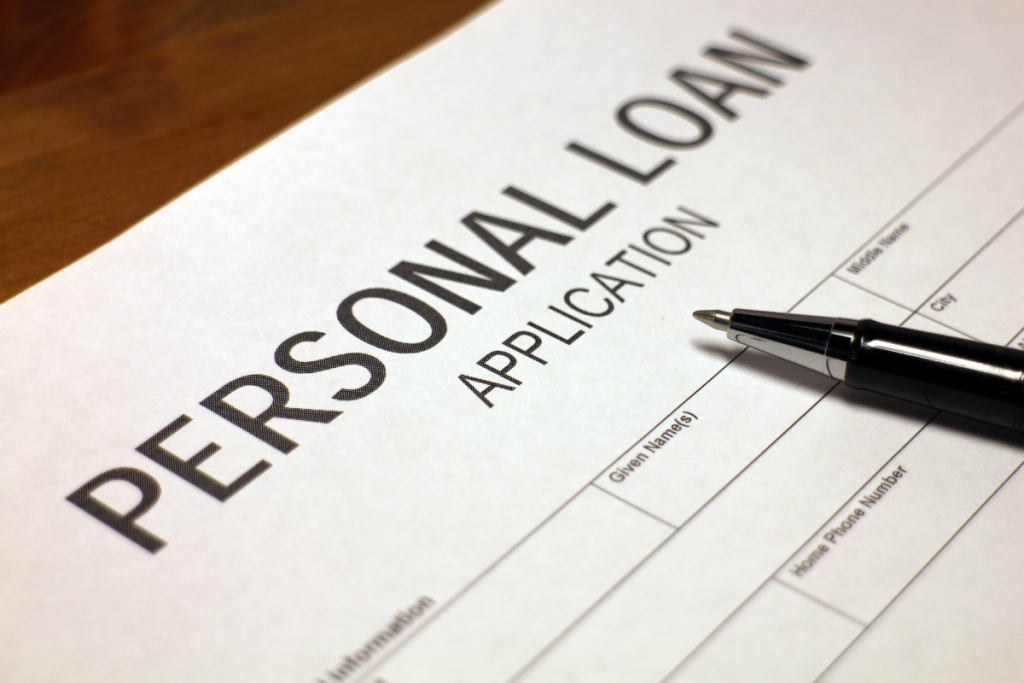In a rapidly urbanising and high-cost society such as Singapore, personal loans offer a practical financial bridge for many individuals. Whether you need to fund a medical emergency, consolidate existing debt, finance a wedding, or pursue further education, the accessibility of a personal loan can make all the difference. However, before committing to a loan, it’s essential to understand just how much you can borrow and the key considerations involved.
This comprehensive guide will delve into the factors that determine your personal loan eligibility in Singapore, how different lenders—particularly a Singapore licensed money lender—assess applications, and the maximum loan limits you can expect.
Understanding Personal Loans in Singapore
A personal loan is a type of unsecured credit offered to individuals without the need for collateral. The loan amount, repayment tenure, and interest rate are largely determined based on your creditworthiness and financial profile.
Key features of a personal loan include:
- Fixed monthly repayments
- Interest rates typically ranging between 3% and 7% per annum for banks
- Short to medium repayment tenure (typically 1 to 5 years)
- Unsecured (no collateral required)
Both banks and Singapore licensed money lenders provide personal loans, but the terms, interest rates, and approval processes may vary significantly.
Factors That Influence How Much You Can Borrow
The maximum amount you can borrow depends on several factors, including but not limited to:
1. Your Monthly Income
This is one of the most critical determinants of your borrowing capacity. In general:
- For banks: Individuals earning $20,000 and above annually can borrow up to 4 to 6 times their monthly income.
- For licensed money lenders: The Ministry of Law regulates borrowing caps:
- If you earn less than $10,000 annually, you can borrow up to $3,000.
- If you earn between $10,000 and $20,000 annually, you can borrow up to $3,000.
- If you earn above $20,000 annually, you can borrow up to 6 times your monthly income.
These limits apply across all licensed money lenders combined.
2. Credit Score
Your credit score, compiled by the Credit Bureau Singapore (CBS), plays a significant role. A high score increases your chances of getting a higher loan amount at better interest rates. A poor score might result in loan rejection or lower borrowing limits.
3. Existing Debt Obligations
Singapore follows a Total Debt Servicing Ratio (TDSR) framework which limits the amount of gross monthly income that can go towards servicing loans. This ensures responsible borrowing and prevents individuals from overextending themselves financially.
Banks and lenders will consider your total outstanding debts before approving any new loan.
4. Employment Type and Stability
Stable employment in a recognised industry enhances your profile. Self-employed individuals or freelancers may need to provide more documentation to demonstrate consistent income.
Differences Between Banks and Singapore Licensed Money Lenders
| Criteria | Banks | Singapore Licensed Money Lenders |
| Interest Rates | 3% to 7% p.a. | Capped at 4% per month |
| Loan Tenure | Up to 5 years | Typically shorter, up to 12-24 months |
| Loan Amount | Up to 6x monthly income | Based on Ministry of Law limits |
| Approval Time | 3-5 working days | As fast as 30 minutes |
| Eligibility | Higher income and credit score required | More lenient towards lower income or poor credit history |
Money lenders provide an alternative for individuals who may not meet stringent bank criteria. However, borrowers should be cautious and ensure that the lender is licensed under the Ministry of Law’s Registry of Moneylenders.
How to Calculate Your Borrowing Limit
Let’s say you earn $4,000 per month:
- A bank might offer a loan of up to $24,000 (6 times your monthly income).
- A licensed money lender might offer a similar cap if your annual income exceeds $20,000.
But these are upper limits. Your actual loan amount may be lower depending on your:
- Existing loan obligations
- Credit score
- Employment tenure
- Age and financial dependents
Legal Protections and Regulations
Singapore has strict regulations to protect borrowers:
- Licensed money lenders must adhere to caps on interest rates (not exceeding 4% per month) and late payment fees (not exceeding $60 per month).
- Total charges, including interest, late fees, and other costs, cannot exceed 100% of the principal loan amount.
- All licensed lenders are required to explain loan terms clearly in a language understood by the borrower.
- Borrowers have the right to receive a copy of the loan agreement.
You can verify if a lender is licensed by checking the official Registry of Moneylenders on the Ministry of Law website.
Tips Before Taking a Personal Loan
1. Assess Your Needs Honestly
Borrow only what you need and can comfortably repay. A larger loan may offer temporary relief but could become a long-term burden.
2. Compare Lenders
Use online comparison tools or speak to several institutions. Don’t just go for the first approval.
3. Check the Fine Print
Look beyond the interest rate—understand the total cost, including processing fees, early repayment penalties, and late fees.
4. Maintain a Healthy Credit Score
Pay your bills on time, avoid defaulting, and monitor your credit regularly. This enhances your loan eligibility.
5. Avoid Unlicensed Lenders
Illegal money lenders often operate under the guise of fast approvals. They charge exorbitant fees and may employ aggressive recovery methods.
Final Thoughts

A personal loan can be incredibly helpful when managed carefully. In Singapore, how much you can borrow largely depends on your monthly income, existing debts, and credit score. If your finances are in good shape and you have a solid income, banks usually offer better interest rates and longer repayment terms. But not everyone qualifies for bank loans—especially if you have a poor credit history or need money urgently. In such cases, turning to a Singapore licensed money lender can be a practical solution. These lenders often have more flexible requirements and faster approval times, though interest rates and fees may be higher.
It’s crucial to borrow only what you need and to understand the full cost of your loan—from interest rates to late payment charges. Always read the loan agreement thoroughly and make sure you’re comfortable with the terms before signing. Avoid unlicensed lenders, no matter how tempting their offers may seem.
In the end, a personal loan should help ease your financial burden, not add to it. With thoughtful planning and responsible repayment, it can be a useful way to reach your goals—whether that’s paying off debt, covering emergency expenses, or funding a big life event.In a rapidly urbanising and high-c




